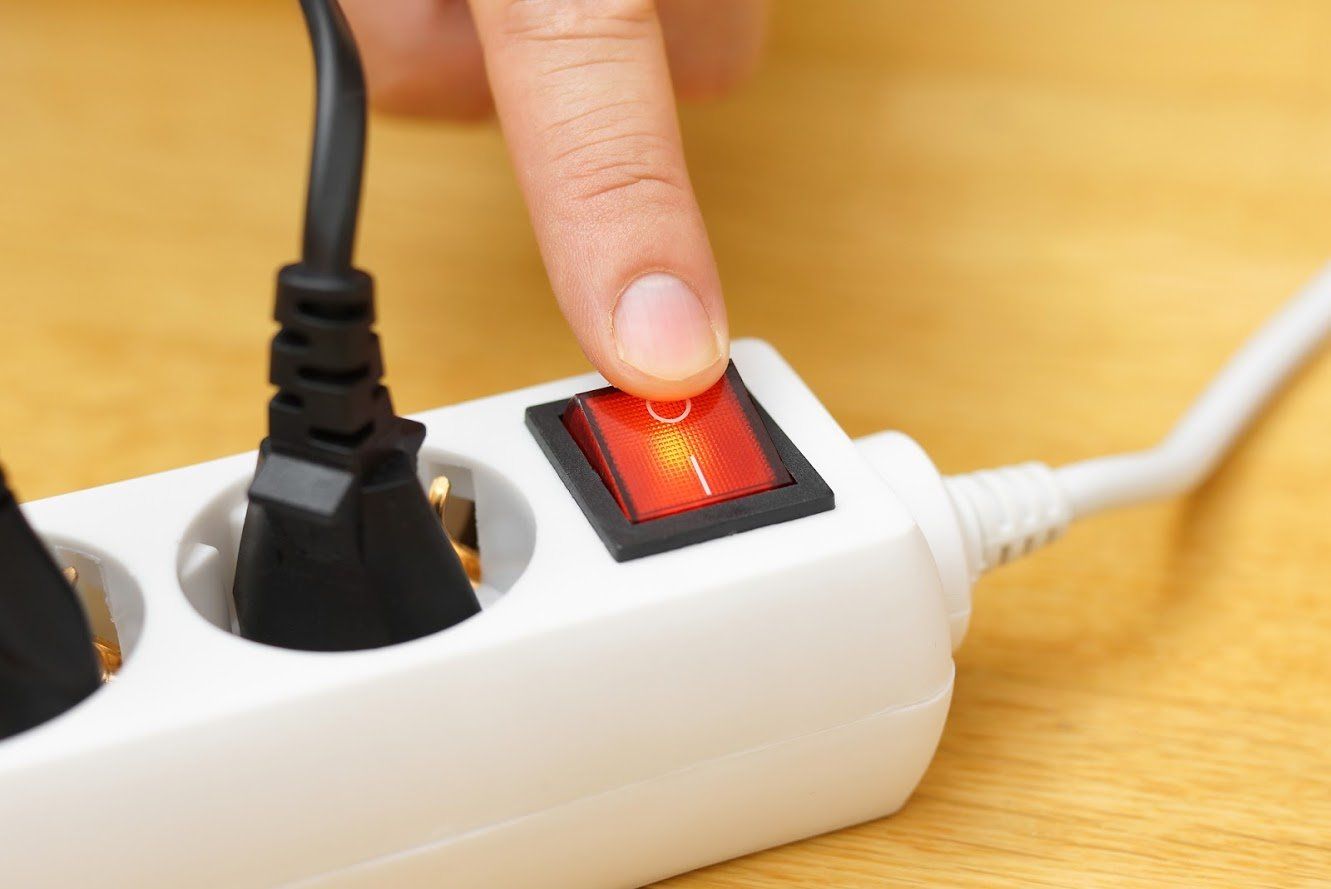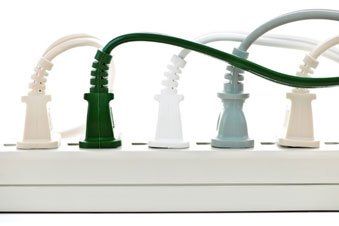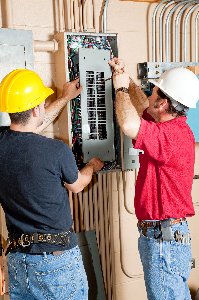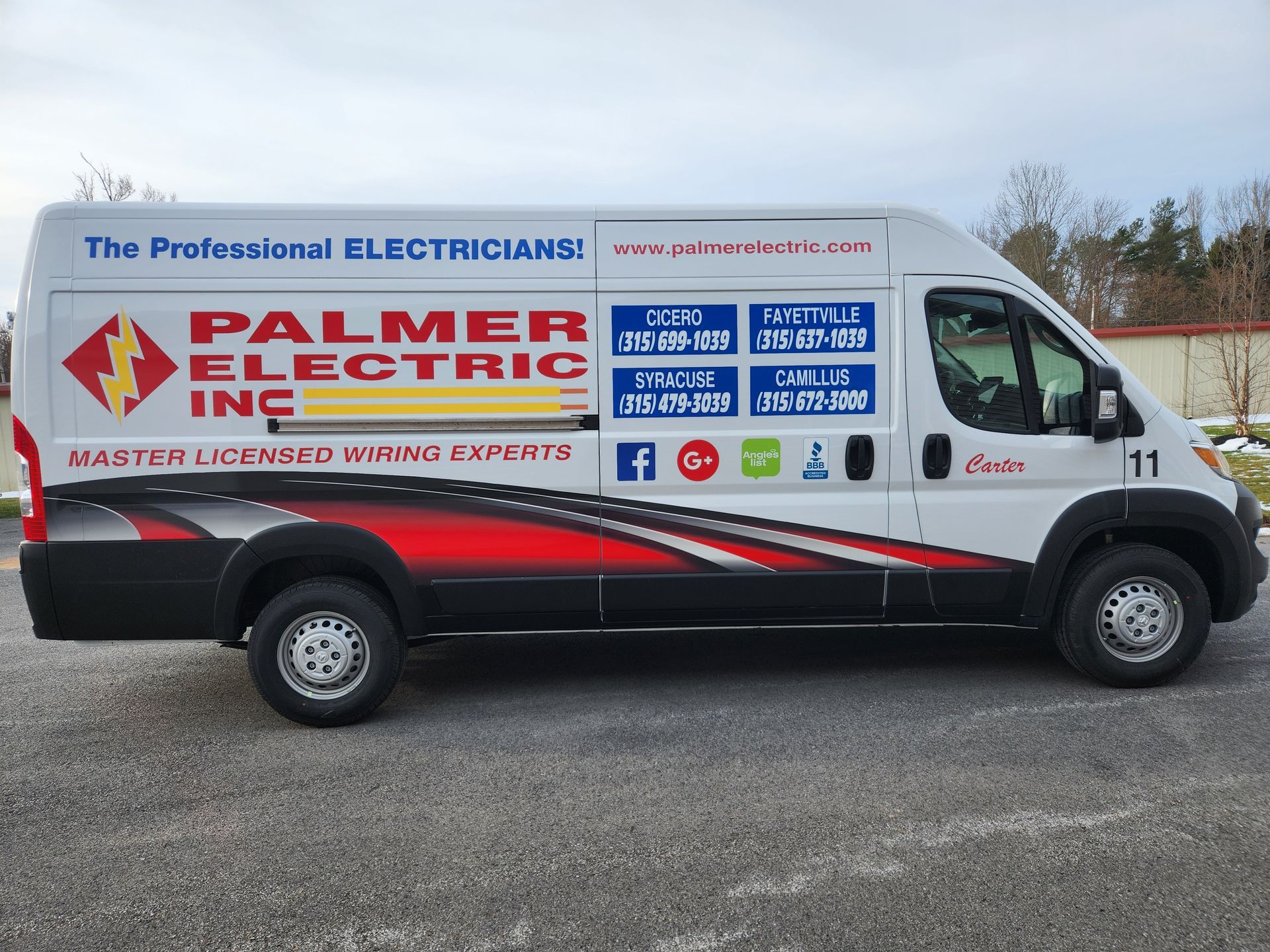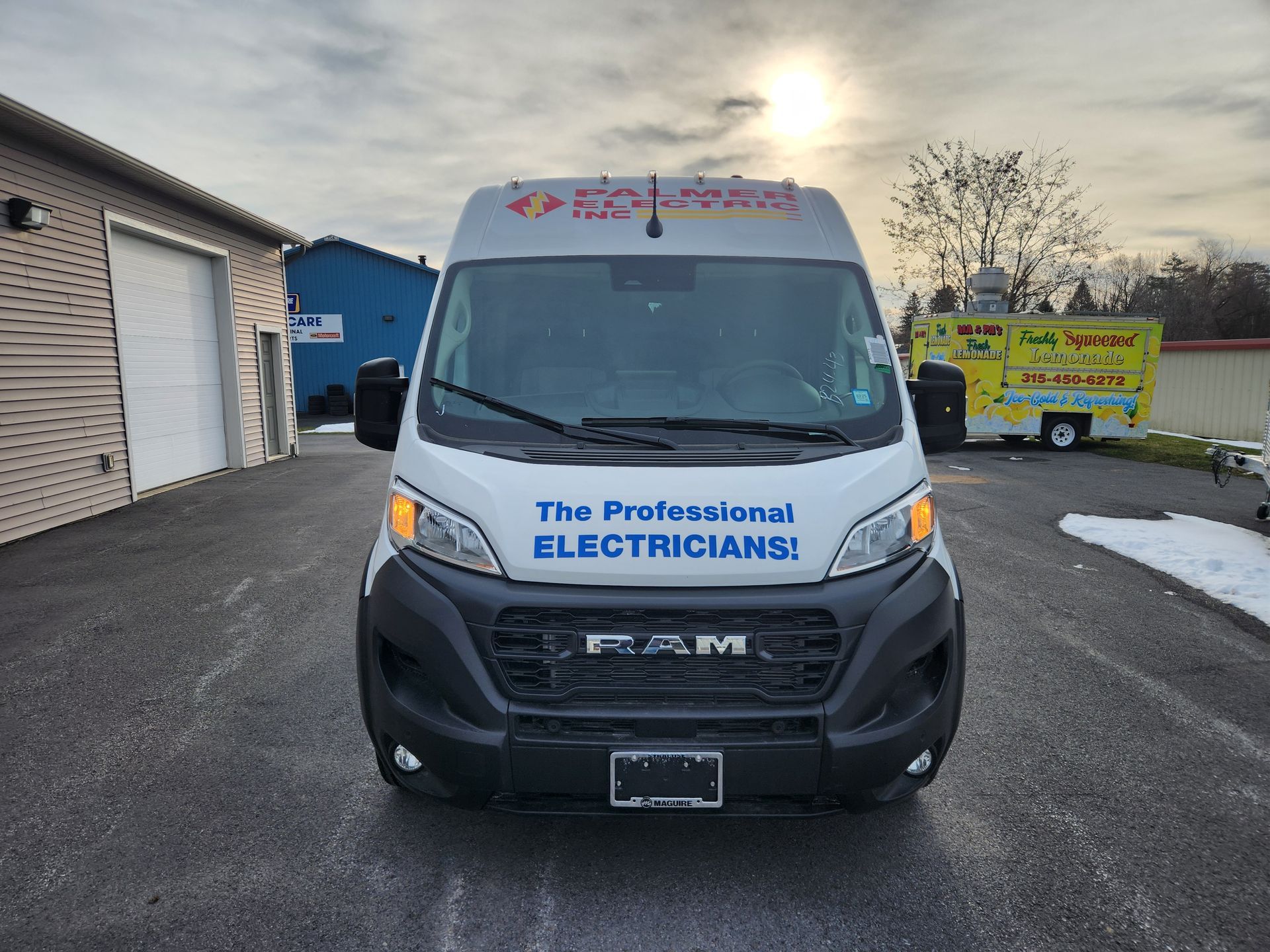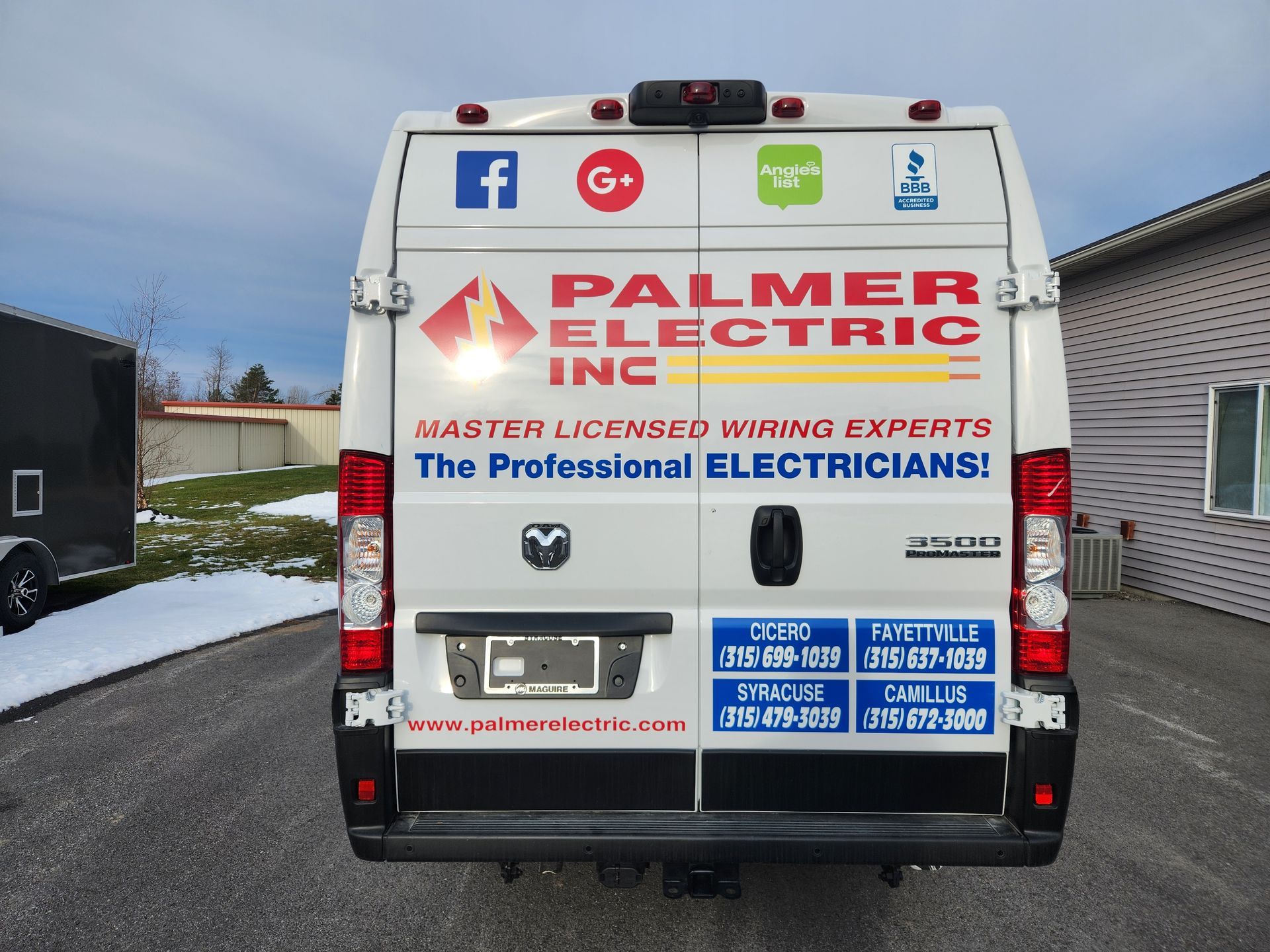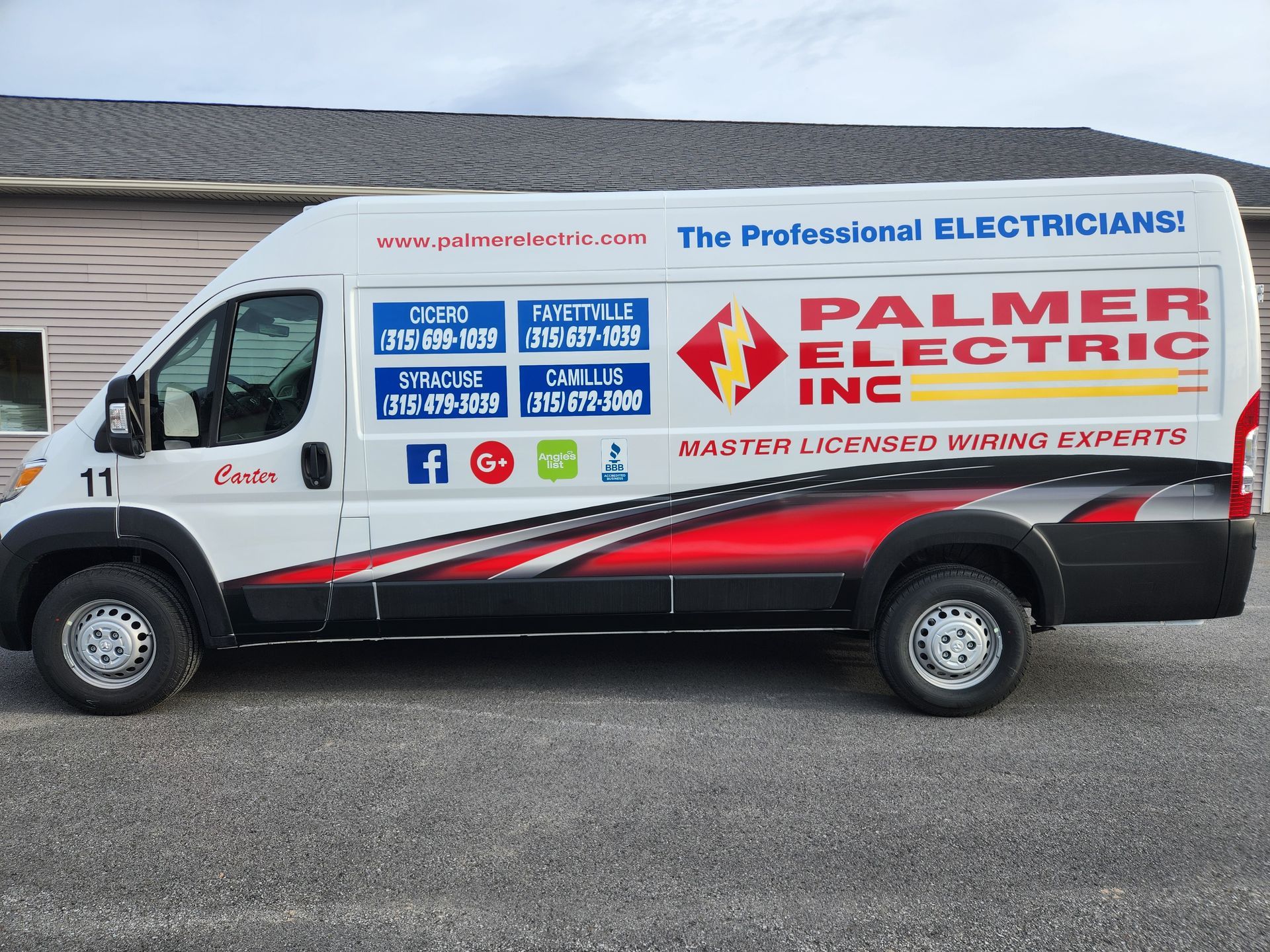Blog Post
Problems of Aging Electrical Systems
- By Admin
- •
- 02 Nov, 2018
- •
Electrical systems age with time, and when they do, they become dangerous and inefficient. Below are some of the specific problems an aging electrical system may have.
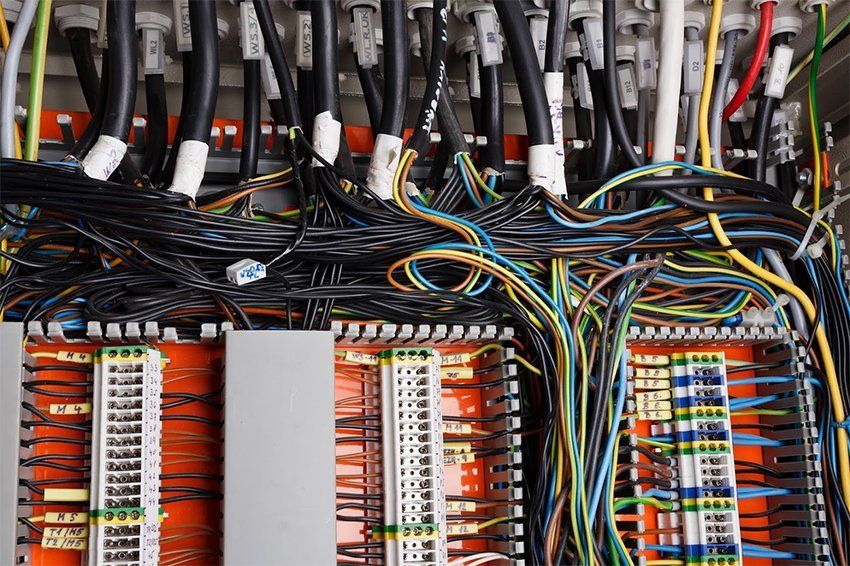
Loose Wiring
Electrical connections need to be tight. Normal wear and tear, constant expansion and contraction of materials (due to weather changes), and house vibrations can all loosen electrical connections. Loose electrical connections, say between different wires or between a wire and an electrical contact, increase electrical resistance in a circuit.
Too much electrical resistance in a circuit can heat up the conductors and cause an electrical damage of fire. An aging electrical system, therefore, increases the risk of electrical malfunctions or fire outbreak in your house.
Too much electrical resistance in a circuit can heat up the conductors and cause an electrical damage of fire. An aging electrical system, therefore, increases the risk of electrical malfunctions or fire outbreak in your house.
Naked Wiring
The insulation on your electrical wiring may also fall apart after decades of use. Again, the unavoidable temperature fluctuations and normal wear and tear are to blame for insulation damage. When electrical wiring that is supposed to be covered up loses its insulation, it may encounter other electrical conductors and create an electrical problem.
An electrical current flowing through an unintended path creates a short circuit. A short circuit can fry up your electrical appliances and electronics, give you a nasty electrical shock, or even burn down your house.
An electrical current flowing through an unintended path creates a short circuit. A short circuit can fry up your electrical appliances and electronics, give you a nasty electrical shock, or even burn down your house.
Overloaded Electrical System
You also risk an electrical overload in your house if you continue to use the same electrical system that has been in the house for decades. For one, the electrical contractor that designed and installed the electrical system probably based their work on the typical electrical demands of that day. Secondly, you have probably increased your electricity consumption over the years.
The combination of a limited electrical supply and balloon electricity demand mean that you have overloaded your electrical system. If you do not see the effects of the overload already, such as flickering lights or frequent breaker trips, then you only have a matter of time before you experience them.
The combination of a limited electrical supply and balloon electricity demand mean that you have overloaded your electrical system. If you do not see the effects of the overload already, such as flickering lights or frequent breaker trips, then you only have a matter of time before you experience them.
Uncompliant Electrical System
National and local electrical codes make your home safe and efficient. However, these codes change all the time as electrical professionals make new inventions of safer products and electrical designs. These constant updates mean that your electrical system, which is several decades old, is probably not up to code.
You may not be in immediate danger if your house is not up to code; however, a code-compliant house is definitely safer than your house. For example, you risk an electrical shock and injury in the bathroom if you do not have bathroom electrical outlets located where the code mandates them to be.
You may not be in immediate danger if your house is not up to code; however, a code-compliant house is definitely safer than your house. For example, you risk an electrical shock and injury in the bathroom if you do not have bathroom electrical outlets located where the code mandates them to be.
Outdated Installation
Lastly, if you have used the same electrical system for many decades, then some of the electrical installations in your house are outdated. Maybe you still use fuses instead of circuit breakers, aluminum wiring instead of copper wiring, and knob-and-tube wiring instead of modern insulation and junction boxes.
You need to update some of these outdated installations even if the electrical code does not call for an update. Do not forget that the electrical code calls for the bare minimum in terms of electrical safety. You should go beyond the electrical code requirements if you want to enjoy maximum electrical efficiency and safety in your house.
Does your aging electrical system need an upgrade as soon as possible? At Palmer Electric, Inc., we understand all about old electrical systems and how to upgrade them. Contact us today so that we can assess your old electrical system and advise you on how to improve it. We are also happy to answer any questions or concerns you have about issues relating to your dated electrical system.
You need to update some of these outdated installations even if the electrical code does not call for an update. Do not forget that the electrical code calls for the bare minimum in terms of electrical safety. You should go beyond the electrical code requirements if you want to enjoy maximum electrical efficiency and safety in your house.
Does your aging electrical system need an upgrade as soon as possible? At Palmer Electric, Inc., we understand all about old electrical systems and how to upgrade them. Contact us today so that we can assess your old electrical system and advise you on how to improve it. We are also happy to answer any questions or concerns you have about issues relating to your dated electrical system.
Share
Tweet
Share
Mail
Contact Information
Phone:
Cicero:
(315) 699-1039
Fayetteville:
(315) 637-1039
Camillus:
(315) 672-3000
Syracuse:
(315) 479-3039
Address:
Syracuse NY
Email:
info@palmerelectric.comBrowse Our Website
Contact Information
Phone:
Cicero:
(315) 699-1039
Fayetteville:
(315) 637-1039
Camillus:
(315) 672-3000
Syracuse:
(315) 479-3039
Address:
Syracuse NY
Email:
info@palmerelectric.com
Content, including images, displayed on this website is protected by copyright laws. Downloading, republication, retransmission or reproduction of content on this website is strictly prohibited. Terms of Use
| Privacy Policy




